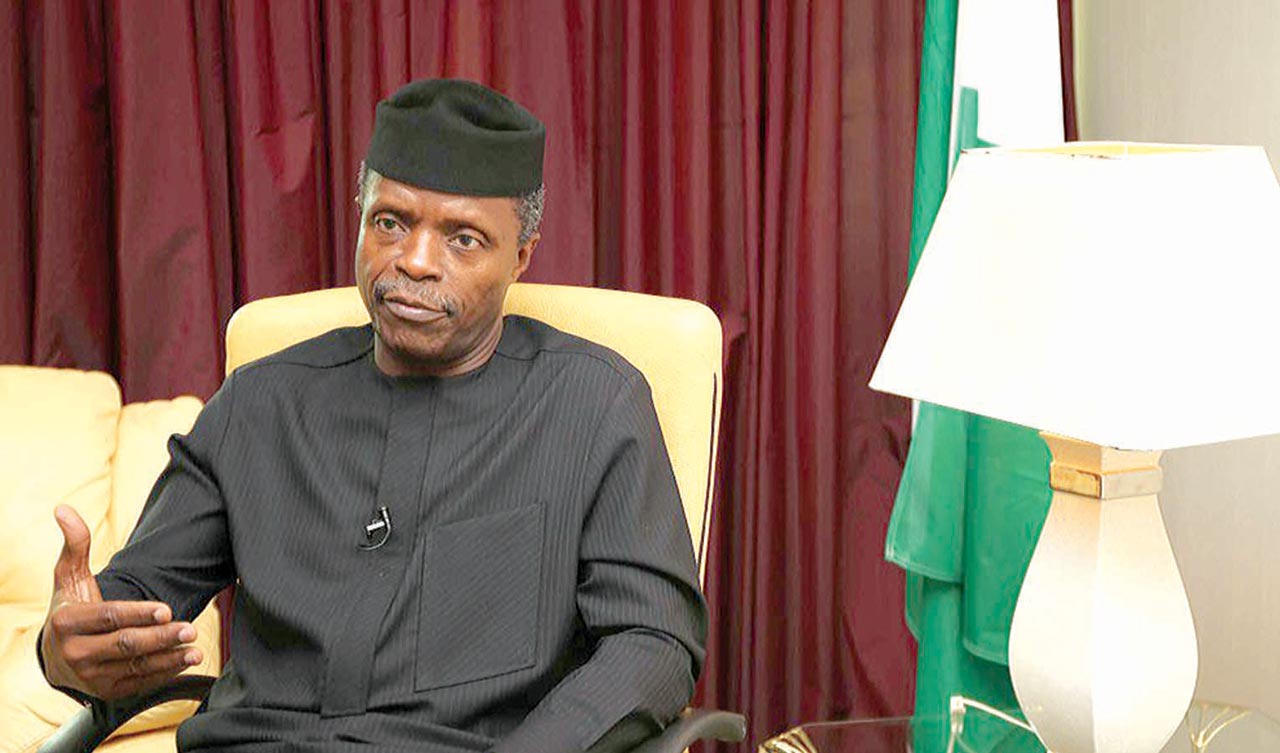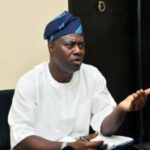Vice President Yemi Osinbajo says Nigeria’s massive population constitutes a challenge in the fight against the coronavirus pandemic.
The vice president, however, said that the advantage of being able to manage the issues in smaller measures through the states by developing best practices had enabled authorities to reassess responses across sub-national and adjust where necessary.
Osinbajo said this on Wednesday at a virtual conference entitled “How Africa’s Informal Sector Reacts to COVID-19”, organized by Africa.com.
He was joined at the conference by President Nana Akufo-Addo of Ghana; Governor Nasir El-Rufai of Kaduna; Ahmed Mushfiq Mobarak, Professor of Economics, Yale University; and Amandla Ooko-Ombaka, Senior Engagement Manager, McKinsey & Co.
Mr Hakeem Bello-Osagie, a Harvard Business School Senior Lecturer of Business Administration, and Teresa Clarke, CEO of Africa.com, moderated the discussions with participation by several thousand who signed in across the world.
The vice president, in his contribution, said the provision of support to small businesses in the informal sector should be a priority for all economies aiming at lessening any adverse effect of the pandemic on the economy.
“But of course, by the very nature of this pandemic, it also means that you run the risk of everything going south if some state isn’t doing as well as it ought to.
“I think, in the end, we have that advantage that we are able to almost isolate responses, and even look at best practices across the various states and try and ramp up wherever we find that there are deficiencies,” Osinbajo said, according to a statement by his spokesperson, Laolu Akande.
Osinbajo, who spoke on some of the measures being implemented to mitigate the impact of the pandemic on the economy, said the government was looking at the possibility of enlarging the interventions beyond conditional transfers under the context of social investment policies to address some of the increasing problems of poverty given the disruptions in the economy.

 Join Daily Trust WhatsApp Community For Quick Access To News and Happenings Around You.
Join Daily Trust WhatsApp Community For Quick Access To News and Happenings Around You.


